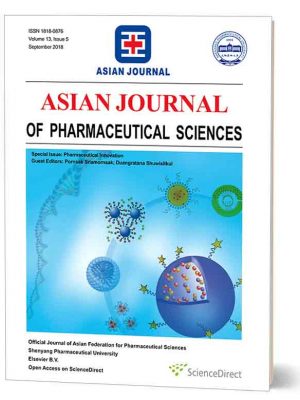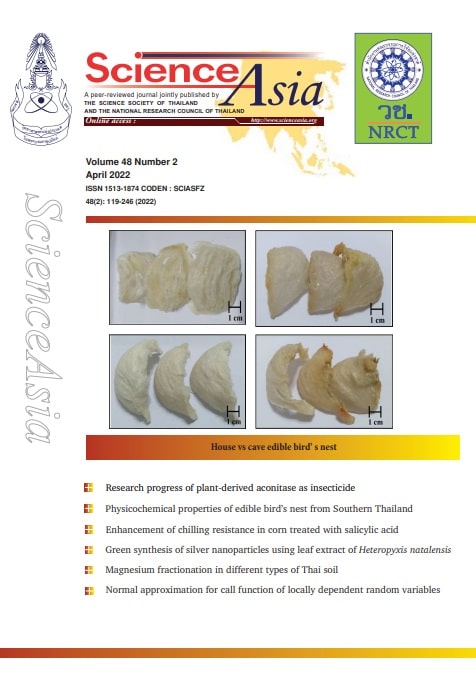Researcher : Puchsaka, P.W., Chaotham, C., Chanvorachote, P.
Abstract : Chemotherapeutic failure and metastasis are the main causes of high mortality rate in lung cancer. Alteration of cellular redox status in response to endogenous stimuli or exogenous compounds has a significant impact on cell signaling and behavior. Herein we divulge for the first time that lung cancer cells exposed to α-lipoic acid (LA) resulted in a higher level of cellular superoxide anion (O2·-) and hydrogen peroxide (H2O2), and such an increase of the specific reactive oxygen species (ROS) downregulated integrin β1 and β3, the integrins known for potentiating aggressive behavior and metastasis. The LA-treated cells exhibited significant decrease in their abilities to survive in detached condition and grow in anchorage-independent soft agar assay. Furthermore, LA sensitized the cells to cisplatin, etoposide and paclitaxel-induced apoptosis. For underlying mechanism, we found that the treatment of the cells with LA significantly decreased integrin β1 and β3, while had no effect on integrin α5 and αv. Interestingly, survival protein p-AKT and anti-apoptotic protein Bcl-2 were reduced in an association to such integrin modulations. Using ROS probes and selective anti-oxidants, we have shown that H2O2 and O2·- induced by LA are key players for the decrease of β1 and β3 integrins, respectively. These findings indicate a novel effect of LA as well as specific ROS, O2·- and H2O2 in integrin regulation, anoikis and chemotherapeutic sensitizations.
Link to article: DOI: 10.3892/ijo.2016.3624
Journal : International Journal of Oncology, 2016, 49(4)./ in Scopus






